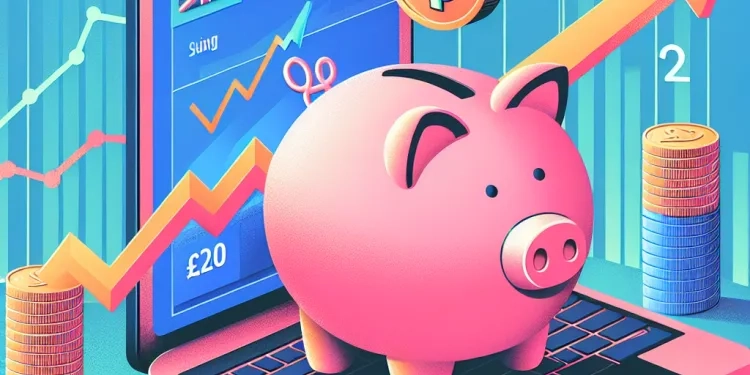
Find Help
More Items From Ergsy search
-
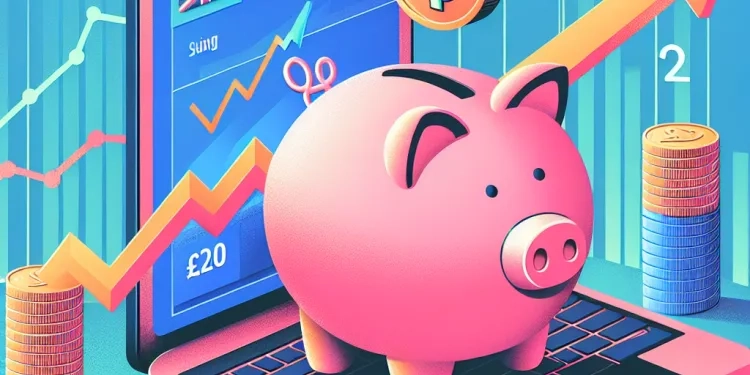
How much would I need in an ISA for a £2k monthly passive income?
Relevance: 100%
-
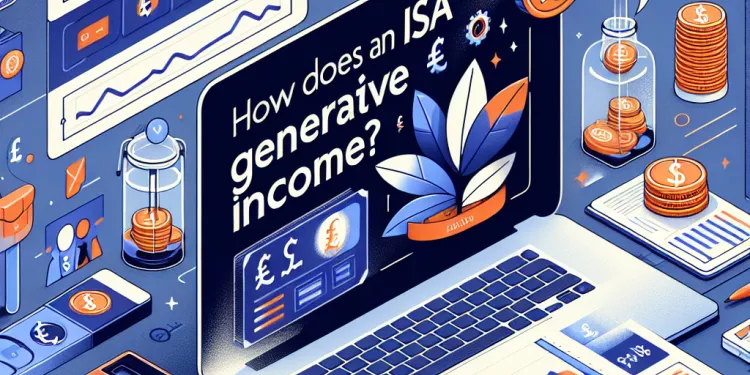
How does an ISA generate passive income?
Relevance: 94%
-
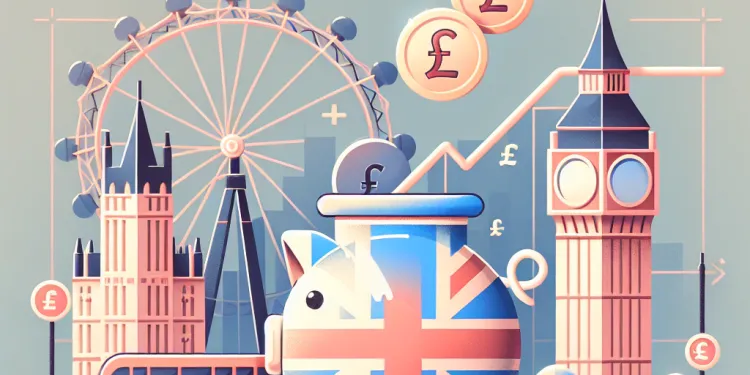
How much would I need in an ISA to generate £2,000 monthly?
Relevance: 57%
-
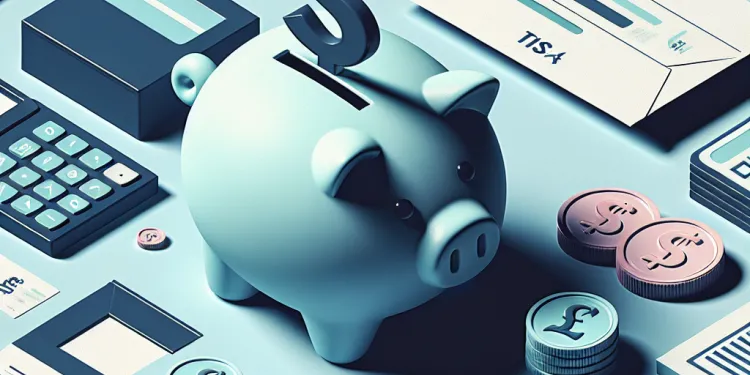
Do I need to declare my ISA income on my tax return?
Relevance: 54%
-
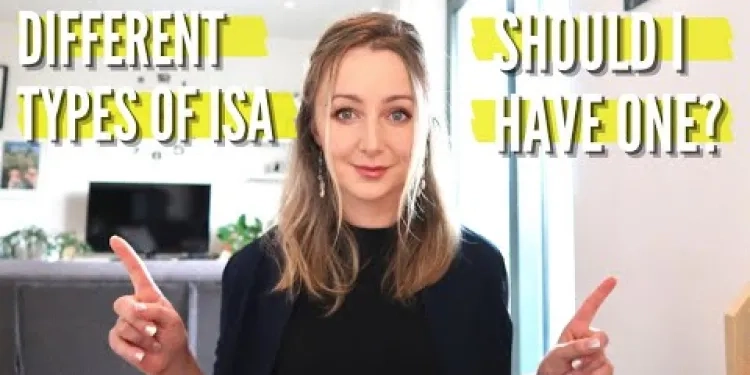
What Is An ISA UK (Should I have an ISA & Different Types Of ISAs)
Relevance: 42%
-

What is an ISA?
Relevance: 40%
-
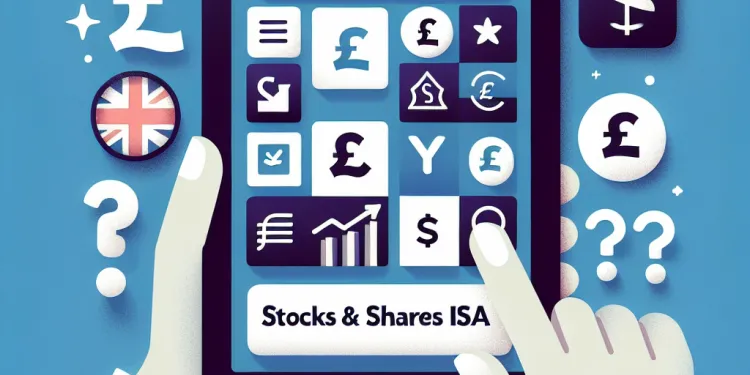
Are there fees associated with Stocks & Shares ISAs?
Relevance: 40%
-
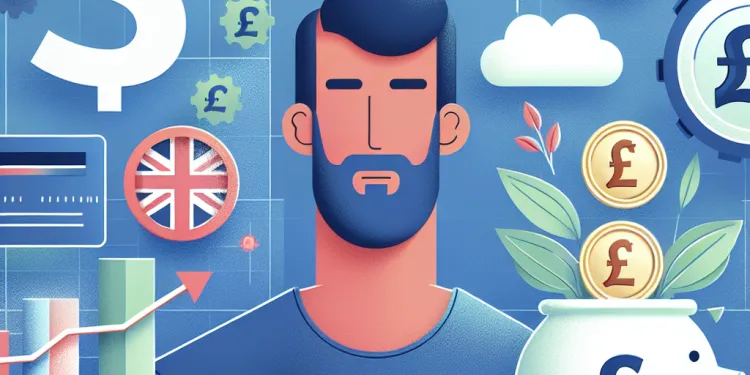
What happens if I exceed the ISA contribution limit?
Relevance: 37%
-

Can I invest in foreign stocks with an ISA?
Relevance: 37%
-

What types of ISAs can I use for investments?
Relevance: 37%
-
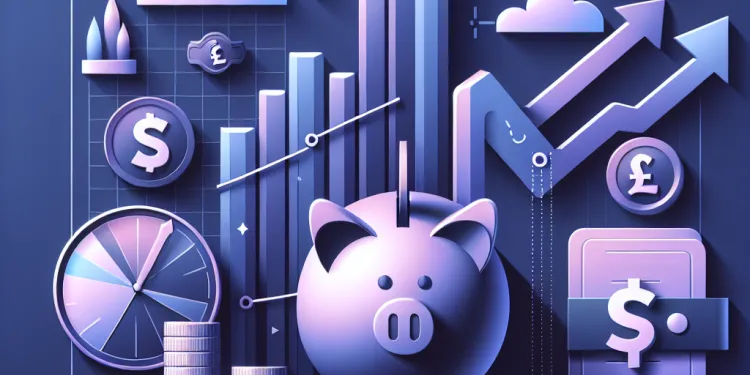
What is a realistic rate of return for an investment ISA?
Relevance: 34%
-
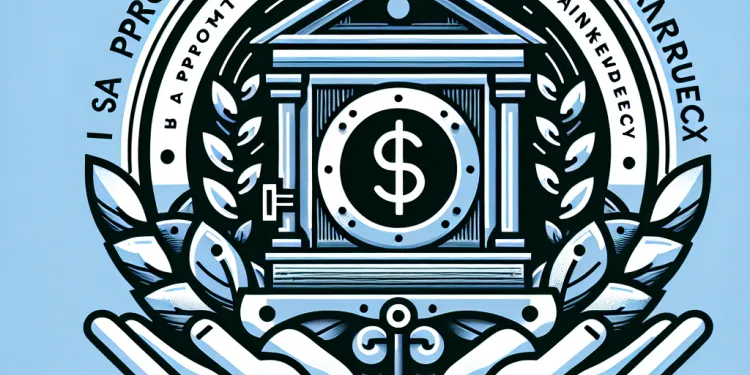
Is my ISA protected if my provider goes bankrupt?
Relevance: 34%
-
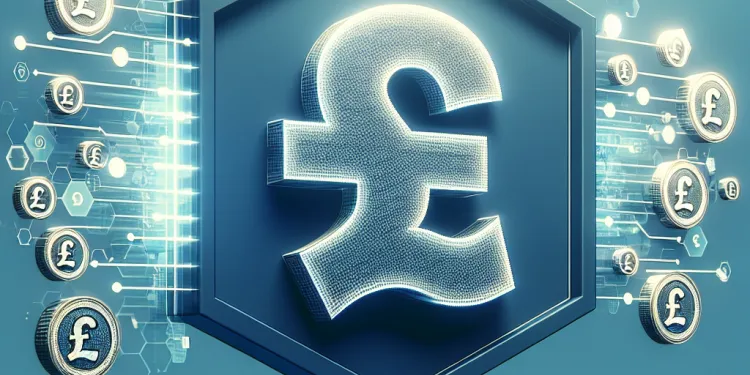
Can I transfer my ISA between providers?
Relevance: 34%
-
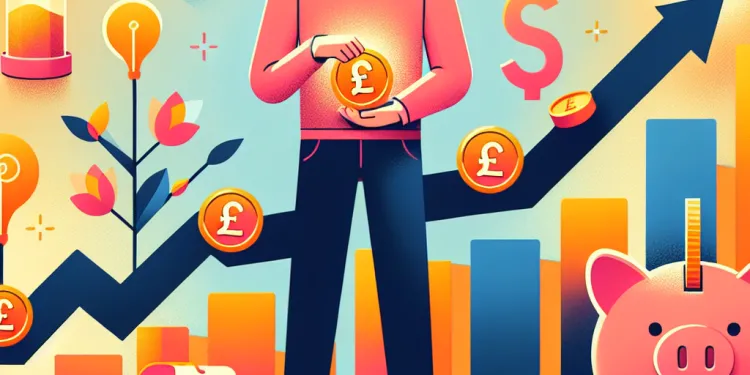
Saving for the Future: The Best ISAs to Consider Right Now
Relevance: 32%
-
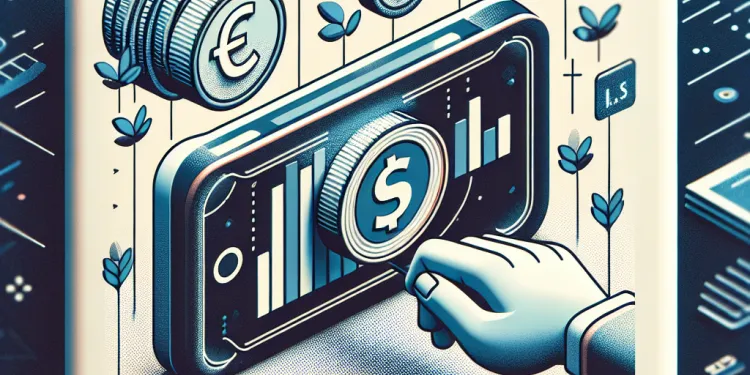
Can I withdraw money from my ISA any time?
Relevance: 32%
-

What if I'm self-employed and my income varies?
Relevance: 31%
-
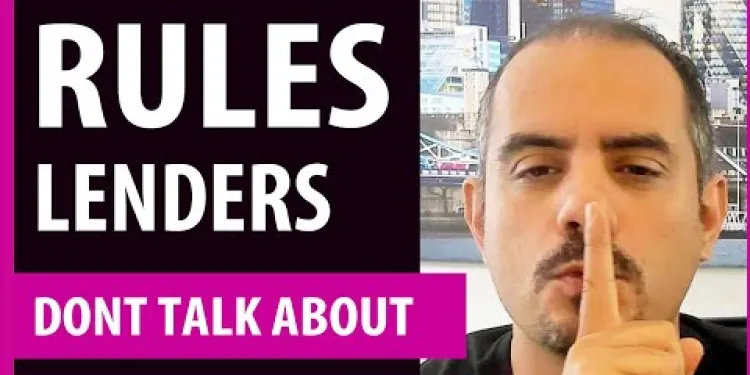
UK Mortgage Rules Lenders Don't Talk About - Debt To Income Ratio
Relevance: 29%
-
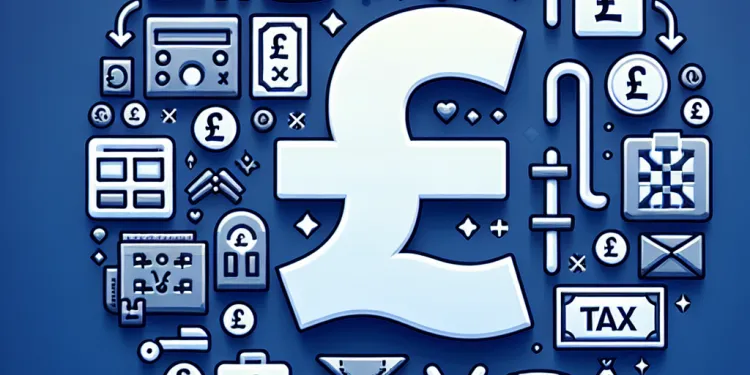
How are dividends in an ISA taxed?
Relevance: 28%
-
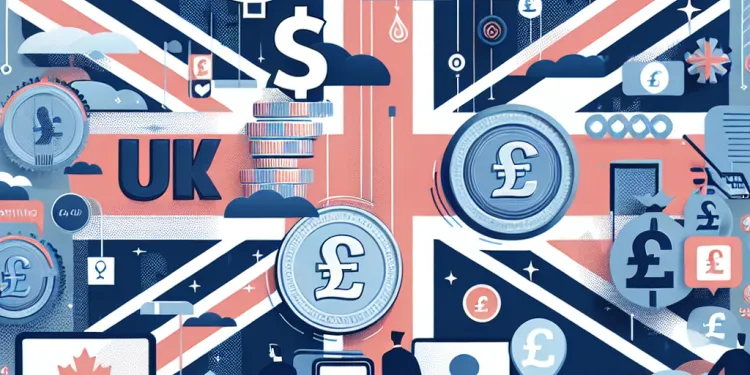
Can I have multiple ISAs?
Relevance: 27%
-
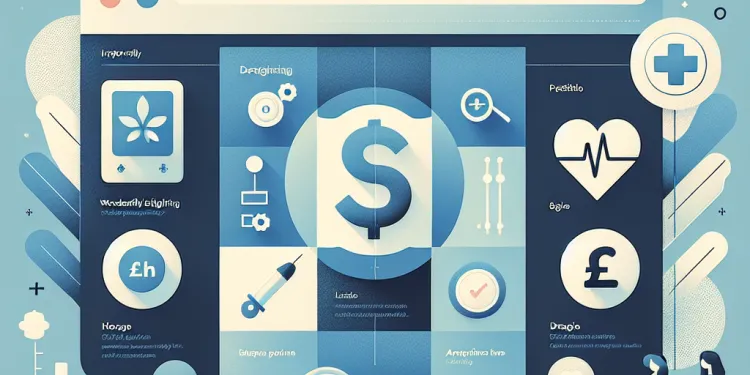
What is the NHS Low Income Scheme?
Relevance: 24%
-

What is the NHS Low Income Scheme?
Relevance: 23%
-
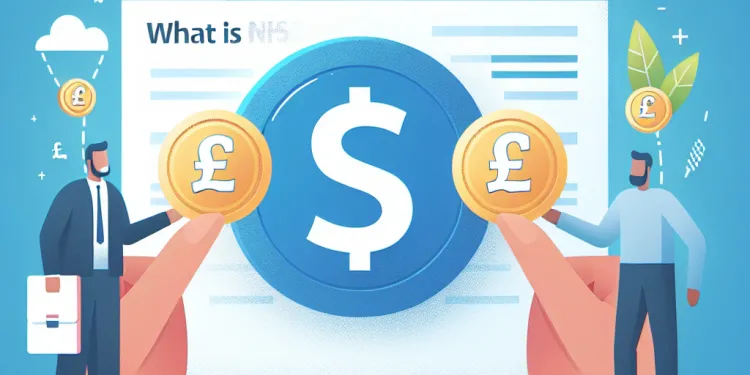
What is NHS Low Income Scheme?
Relevance: 23%
-
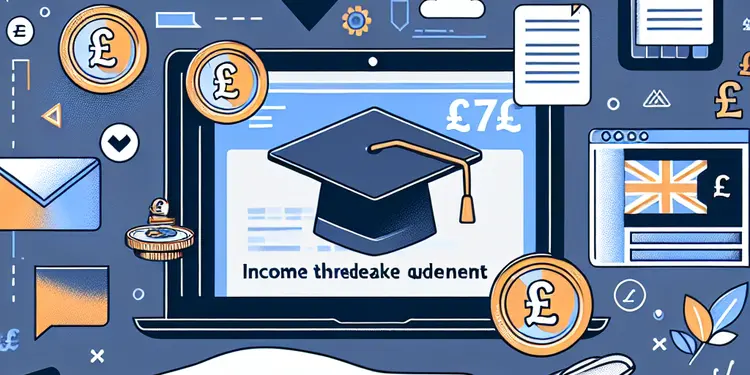
Is there an income threshold for students to qualify for the payment?
Relevance: 23%
-
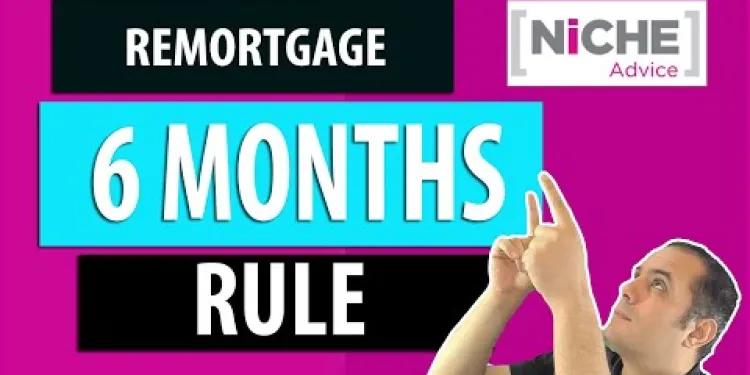
Remortgage within 6 Months on the open market value Residential or Buy to Let Properties
Relevance: 23%
-
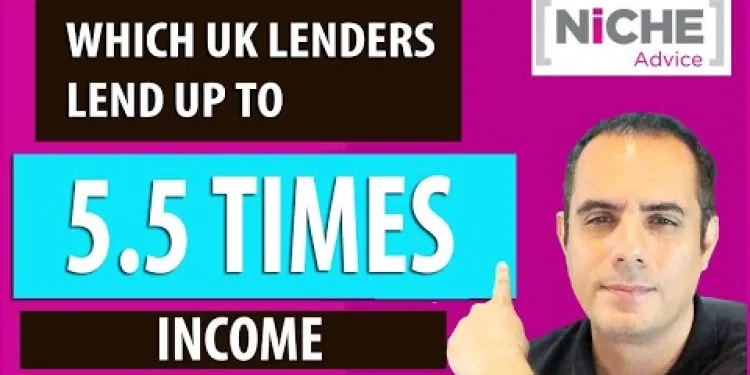
Highest Income Multiple Mortgage Lenders Revealed - Good and Bad Points
Relevance: 22%
-

Who is eligible for the NHS Low Income Scheme?
Relevance: 22%
-

Who is eligible for the NHS Low Income Scheme?
Relevance: 22%
-
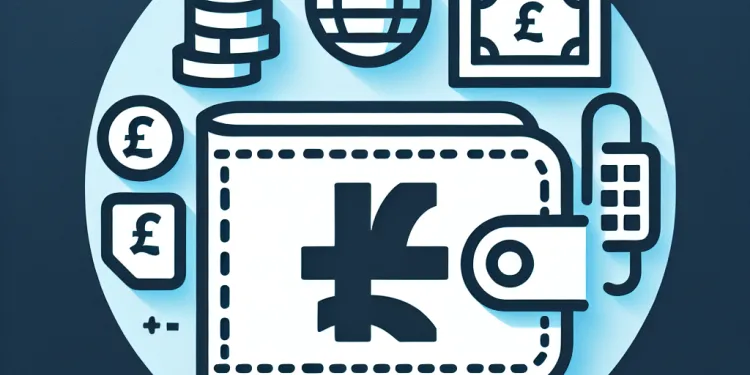
How do I apply for the NHS Low Income Scheme?
Relevance: 22%
-
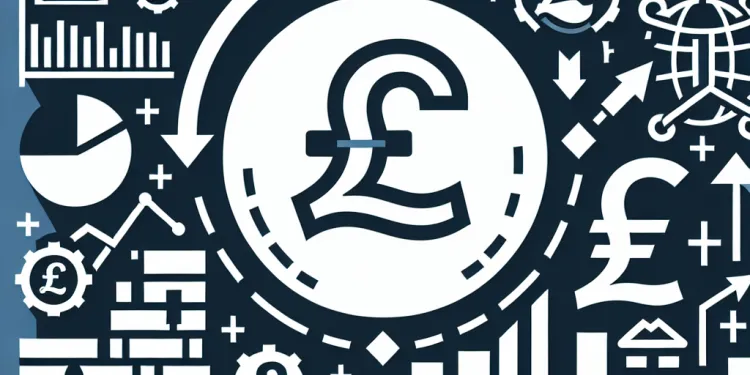
Will income thresholds for tax reliefs be revised in 2026?
Relevance: 22%
-
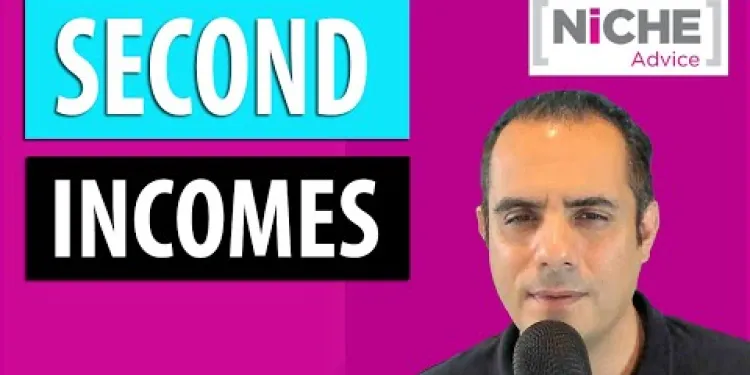
Using 100% of your Second Income for a Mortgage Application
Relevance: 21%
-
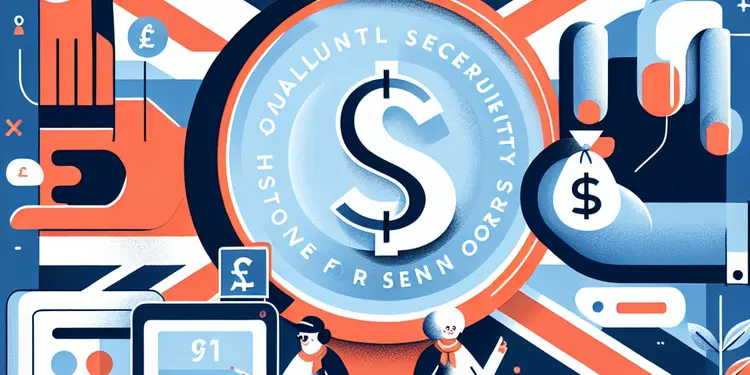
How do seniors qualify for Supplemental Security Income (SSI)?
Relevance: 21%
-
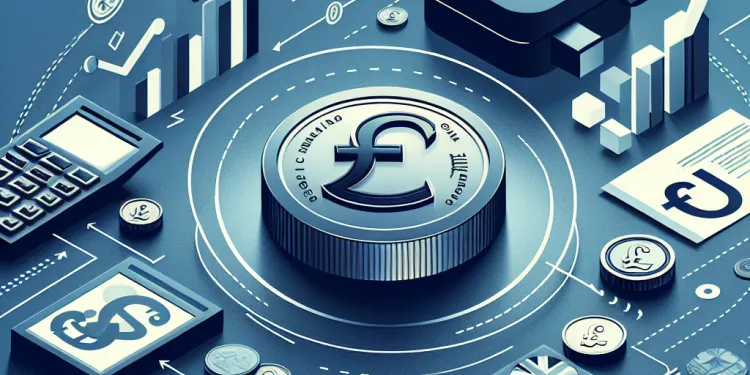
What happens to my monthly payments if interest rates rise?
Relevance: 21%
-
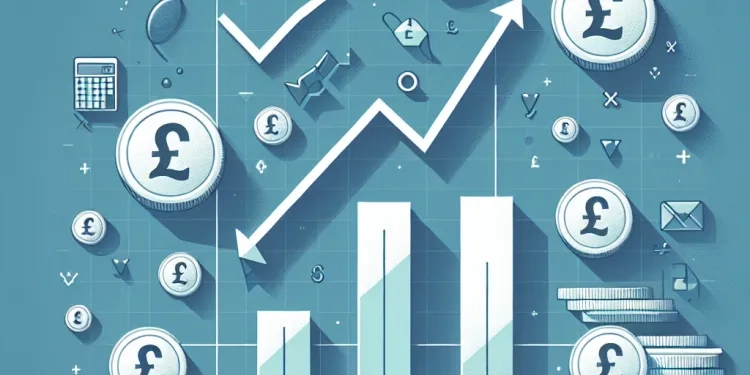
Could there be a reduction in the basic rate of income tax by 2026?
Relevance: 21%
-
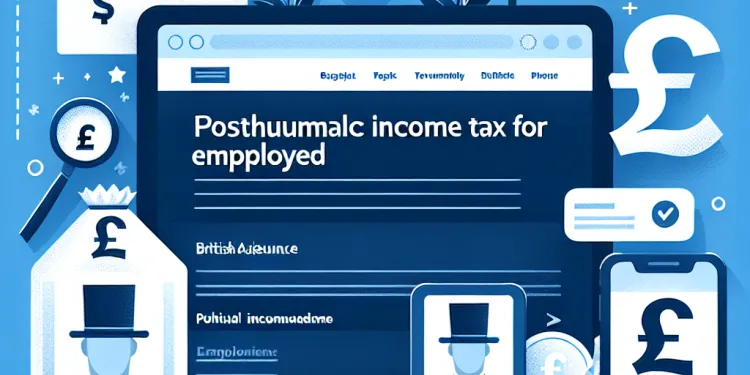
What happens to a deceased’s Income Tax if they were employed?
Relevance: 20%
-

UK House Prices Fall for Third Consecutive Month
Relevance: 20%
-
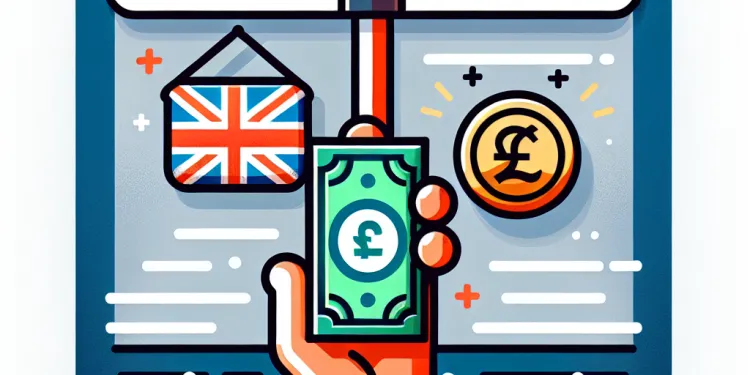
How does a wealth tax differ from an income tax?
Relevance: 20%
-
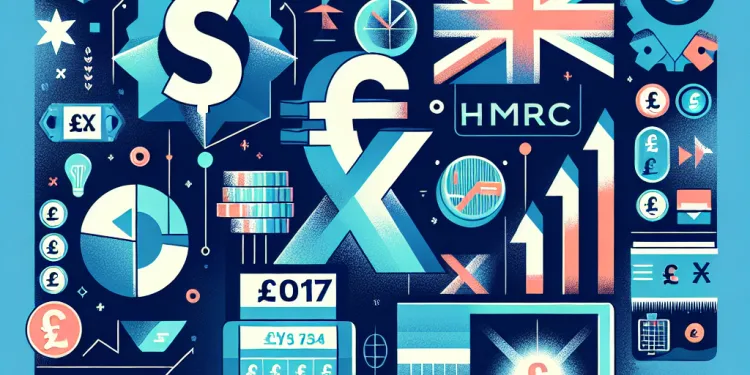
What are HMRC Income Tax Changes in April 2026?
Relevance: 20%
-

How do I treat my child's cold? (9 - 30 months) | NHS
Relevance: 19%
-
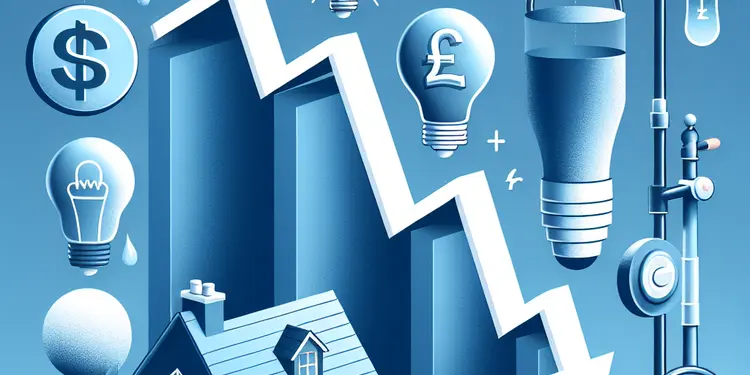
How can I lower my monthly utility bills?
Relevance: 19%
-
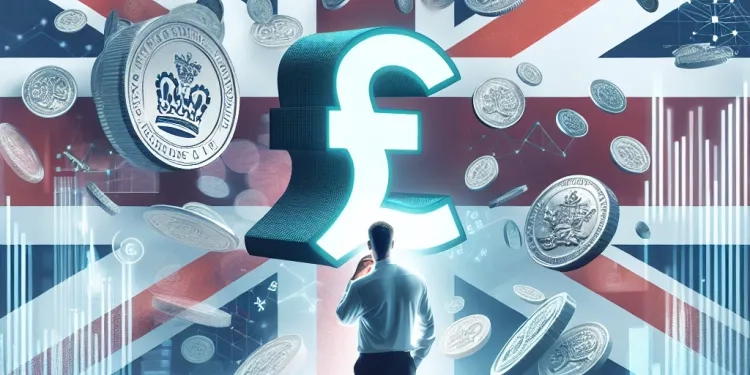
What are the HMRC income tax changes coming into effect in April 2026?
Relevance: 19%
Understanding ISAs for Passive Income
Individual Savings Accounts (ISAs) are a popular investment option in the United Kingdom, providing a tax-efficient way to save or invest money. To generate a passive income of £2,000 per month through an ISA, it is crucial to understand the types of ISAs available, the expected returns, and the amount required to achieve the desired income.
Types of ISAs and Investment Options
There are several types of ISAs in the UK, including Cash ISAs, Stocks and Shares ISAs, Lifetime ISAs, and Innovative Finance ISAs. For generating significant passive income, Stocks and Shares ISAs are generally preferred due to their potential for higher returns. They allow you to invest in stocks, bonds, and funds, aiming to earn dividends and capital gains. However, it’s important to remember that with higher potential returns come higher risks, and investments can fall as well as rise.
Calculating Required Investment
To determine how much money you would need in an ISA to generate £2,000 per month (£24,000 annually) in passive income, consider the average rate of return. A conservative estimated annual return for a diversified Stocks and Shares ISA portfolio might be around 4-5% after accounting for inflation and fees. Using this rate, you can calculate the necessary investment:
If you aim for a 5% annual return, you would need approximately £480,000 (£24,000 divided by 5%) invested in your ISA. This calculation assumes the use of a withdrawal strategy that maintains the balance over time, taking into account both income needs and the ability to withstand market fluctuations.
Factors to Consider
Bear in mind that investment returns are not guaranteed and can fluctuate based on market conditions. It’s important to regularly review your portfolio to ensure it aligns with your goals and risk tolerance. Additionally, make sure to make the most of your ISA allowance, as Stocks and Shares ISAs allow you to invest up to £20,000 per year tax-free, thus optimizing your investment strategy over time.
Seeking advice from a financial advisor may also be beneficial to tailor an investment approach suited to your specific situation, and to optimize your portfolio for sustainable long-term growth, which can help achieve your passive income objectives.
Understanding ISAs for Passive Income
An Individual Savings Account (ISA) is a special way to save or invest money in the UK. It helps you avoid paying tax on the money you make. If you want to earn £2,000 every month without having to work for it, you need to know about ISAs. You should learn about the different kinds, how much money you could make, and how much money you need to save.
Types of ISAs and Investment Options
There are different kinds of ISAs you can choose. These include Cash ISAs, Stocks and Shares ISAs, Lifetime ISAs, and Innovative Finance ISAs. If you want to make a lot of money, a Stocks and Shares ISA might be a good choice. This type lets you put your money in things like company stocks and bonds. It can help you earn extra money called dividends. But remember, this can be risky. Sometimes you might lose money instead of making it.
Calculating Required Investment
To earn £2,000 each month from an ISA, you need to figure out how much to save. This means thinking about how much money you might make each year. A safe guess is you might make about 4-5% profit each year on your investment after paying any fees. If you aim for a 5% return a year, you would need about £480,000 saved in your ISA. This means having a plan to take out money without spending all your savings too soon.
Factors to Consider
Remember, you can’t always predict how much money you will make. The market can change, and so can your profits. It's important to check your savings regularly to make sure they match your goals. Also, try to use your ISA allowance wisely. You can put up to £20,000 into your Stocks and Shares ISA each year without paying tax. This helps your savings grow over time.
It might also be a good idea to talk to a financial advisor. They can help you make a plan that works for you and help you reach your goal of earning money without working.
Frequently Asked Questions
What is an ISA?
An ISA, or Individual Savings Account, is a tax-efficient way to save or invest in the UK. It allows you to earn interest, dividends, or capital gains without paying tax on them.
How does an ISA generate passive income?
An ISA can generate passive income through interest on savings, dividends from stocks, or distributions from funds held within the account.
What types of ISAs can I use for investments?
You can use a Stocks & Shares ISA for investments, which allows you to invest in stocks, shares, funds, and bonds.
How much would I need in an ISA to generate £2,000 monthly?
This depends on the rate of return. For example, if you achieve a 5% annual return, you would need approximately £480,000 in your ISA to generate £2,000 per month.
What is a realistic rate of return for an investment ISA?
A realistic rate of return for a diversified investment ISA might be between 4% and 7% per year, depending on market conditions and risk level.
Are there any limits on how much I can invest in an ISA per year?
Yes, for the 2023/2024 tax year, the ISA allowance is £20,000. This is the maximum amount you can put into ISAs in a single tax year.
Can I have multiple ISAs?
Yes, you can have multiple ISAs, but you cannot contribute to more than one of the same type in a tax year. For instance, you can't pay into two Stocks & Shares ISAs in the same year.
What happens if I exceed the ISA contribution limit?
If you exceed the ISA contribution limit, the excess amount may not qualify for tax-free benefits, and HMRC could charge you tax on it.
Can I withdraw money from my ISA any time?
Yes, you can generally withdraw money from your ISA at any time without losing the tax benefits on the money still inside, but consider the terms of your specific ISA product.
How are dividends in an ISA taxed?
Dividends in an ISA are tax-free, so you don't have to pay tax on any dividends you receive from investments in your ISA.
Do I need to declare my ISA income on my tax return?
No, you do not need to declare income or gains from ISA investments on your UK tax return.
Can I transfer my ISA between providers?
Yes, you can transfer ISAs between different providers. It's important to follow the transfer procedures to maintain tax benefits.
Are there fees associated with Stocks & Shares ISAs?
Yes, Stocks & Shares ISAs may have management fees, dealing charges, and platform fees, which can vary by provider.
Is my ISA protected if my provider goes bankrupt?
Yes, ISAs are protected by the Financial Services Compensation Scheme (FSCS) up to a certain limit, which is £85,000 per financial institution.
Can I invest in foreign stocks with an ISA?
Yes, you can invest in foreign stocks with a Stocks & Shares ISA, though currency exchange rates may affect returns and some providers may charge additional fees for foreign trading.
What is an ISA?
An ISA is a way to save money.
ISA means Individual Savings Account.
You put your money in an ISA to keep it safe.
You don’t have to pay tax on the money you make in an ISA.
If you get confused, you can ask for help from a grown-up.
Using pictures or videos can help make it easier to understand.
An ISA is a type of savings account in the UK. ISA stands for Individual Savings Account. It's a good way to save or invest money. You don't have to pay tax on the money you earn from it. This includes interest, dividends, or any money you make from selling investments.
How Can an ISA Help You Make Money Without Working?
You can earn money without working by using an ISA. This money can come from:
- Interest you get on your savings.
- Payments from stocks you own (these are called dividends).
- Money paid to you from funds you have in your ISA.
Here are some tips that might help:
- Use pictures or drawings to remember hard words.
- Read with a buddy to talk about what you just read.
- Break hard words into smaller parts to make them easier to read.
What kinds of ISAs can I use to invest money?
Here we will talk about different ISAs you can choose to put your money into:
1. Stocks and Shares ISA: You can use this to buy shares in companies or other things that can go up or down in value.
2. Cash ISA: This is like a savings account where your money can earn interest.
3. Innovative Finance ISA: You can use this to lend money to people or businesses and earn interest.
4. Lifetime ISA: You can save for a house or for when you stop working. The government adds extra money to this ISA.
Tips to Help You:
- Ask a trusted adult if you need help choosing an ISA.
- Use online calculators to see how much your money can grow.
- Read simple guides or watch videos that explain how savings and investments work.
Remember, it's okay to ask questions if you're not sure about something!
You can use a Stocks & Shares ISA to help you invest your money. This helps you put money into stocks, shares, funds, and bonds.
How much money do I need in an ISA to get £2,000 every month?
This depends on how much money you make from your savings. For example, if you make 5% money back every year, you need about £480,000 in your ISA to get £2,000 each month.
Some tools can help you understand better:
- Online Calculators: They can show you how money grows over time.
- Visual Charts: Charts can help you see how your savings work.
How much money can you make from an ISA?
If you have an investment ISA, you might earn between 4% and 7% more money each year. This depends on how the market is doing and how risky your investments are.
How much money can I put into an ISA each year?
There is a limit to how much money you can put in an ISA every year. It is called the "ISA allowance".
You can ask a grown-up for help to check the allowance for this year. Or you can use a computer or a phone to look it up.
In the tax year 2023/2024, you can put up to £20,000 in ISAs. This is the most money you can save in ISAs in one tax year.
Can I have more than one ISA?
An ISA is a type of savings account. It helps you save money without paying tax on it.
You can have more than one ISA, but there are some rules.
Here are some helpful tips:
- You can put money in one Cash ISA and one Stocks and Shares ISA each year.
- You can also open a new ISA each year if you want.
- You have a limit on how much you can save in all your ISAs each year.
If you find reading hard, you could:
- Ask someone to explain ISAs to you.
- Use pictures or videos to learn more.
- Use tools that read text out loud to help you.
Yes, you can have more than one ISA. But you can only add money to one of each kind in a year. For example, you can't put money into two Stocks & Shares ISAs in the same year.
What if I put too much money into my ISA?
If you put too much money into your ISA, the extra money might not stay tax-free. HMRC could ask you to pay tax on that extra money.
Can I take money out of my ISA whenever I want?
Yes, you can usually take out money from your ISA whenever you want. You won't lose the tax benefits on the money that stays inside. But, it's important to check the rules of your ISA to be sure.
Helpful tools to understand more:
1. Ask someone you trust to help you read and understand.
2. Use a dictionary to look up words you don't know.
3. Break the information into smaller parts, and read it slowly.
Do you have to pay tax on dividends in an ISA?
No, you don't have to pay tax on dividends in an ISA. Dividends are the money you get from shares in a company. When these are in an ISA, you can keep all the money. This makes it a good way to save.
When you get money called dividends in an ISA, you don't have to pay any tax. This means you can keep all the dividend money from your ISA investments without giving any to the government.
Do I need to tell the tax office about my ISA money?
An ISA is a type of bank account where you do not pay tax on the money you make. This means you usually do not need to tell the tax office about the money you earn in an ISA.
If you are unsure, you can ask an adult to help you or use a gadget called a calculator to add up your money. You can also talk to someone who knows about taxes, like a tax helper.
No, you do not have to tell HMRC about the money you make from ISA investments on your UK tax return.
Can I move my ISA to a different bank?
Yes, you can move your ISA to another bank if you want.
Here is how you can do it:
- Talk to the bank you want to move your ISA to. They will help you.
- Make sure you fill out all the forms they give you.
- Let your current bank know you want to move your ISA.
- Usually, the move takes a few weeks.
If you need help, ask someone you trust or use pictures to understand the steps.
Yes, you can move your ISA to a different bank or company. Make sure to follow the right steps so you don't lose your tax benefits.
Do you have to pay money for Stocks & Shares ISAs?
Yes, Stocks & Shares ISAs can have fees. These are like costs you pay to use the service. There are different kinds of fees:
- Management fees: This is the cost to manage your money.
- Dealing charges: This is what you pay when you buy or sell.
- Platform fees: This is the cost to use their website or app.
These fees can be different with each provider. You can use tools like a calculator or talk to someone who knows about money to help you understand.
Is my ISA safe if the bank loses all its money?
Yes, ISAs are kept safe by the Financial Services Compensation Scheme (FSCS). They protect your money up to £85,000 for each bank.
Can I buy shares in other countries using an ISA?
You can use an ISA to buy shares from other countries. It's a way to save money without paying tax.
Here are some tips to help you:
- Ask an adult or a friend if you need help.
- Use pictures or charts to understand better.
- Try to learn new words slowly, one at a time.
Remember to ask for help if you're not sure about something!
Yes, you can buy shares from other countries with a Stocks & Shares ISA. But, remember that changes in money value between countries can change how much money you make. Also, some companies might ask for extra money when you buy shares from other countries.
You can use tools like online currency converters to understand money value changes. It's also a good idea to ask an adult or someone you trust for help.
Useful Links
This website offers general information and is not a substitute for professional advice.
Always seek guidance from qualified professionals.
If you have any medical concerns or need urgent help, contact a healthcare professional or emergency services immediately.
Some of this content was generated with AI assistance. We’ve done our best to keep it accurate, helpful, and human-friendly.
- Ergsy carfully checks the information in the videos we provide here.
- Videos shown by Youtube after a video has completed, have NOT been reviewed by ERGSY.
- To view, click the arrow in centre of video.
- Most of the videos you find here will have subtitles and/or closed captions available.
- You may need to turn these on, and choose your preferred language.
- Go to the video you'd like to watch.
- If closed captions (CC) are available, settings will be visible on the bottom right of the video player.
- To turn on Captions, click settings .
- To turn off Captions, click settings again.
More Items From Ergsy search
-

How much would I need in an ISA for a £2k monthly passive income?
Relevance: 100%
-

How does an ISA generate passive income?
Relevance: 94%
-

How much would I need in an ISA to generate £2,000 monthly?
Relevance: 57%
-

Do I need to declare my ISA income on my tax return?
Relevance: 54%
-

What Is An ISA UK (Should I have an ISA & Different Types Of ISAs)
Relevance: 42%
-

What is an ISA?
Relevance: 40%
-

Are there fees associated with Stocks & Shares ISAs?
Relevance: 40%
-

What happens if I exceed the ISA contribution limit?
Relevance: 37%
-

Can I invest in foreign stocks with an ISA?
Relevance: 37%
-

What types of ISAs can I use for investments?
Relevance: 37%
-

What is a realistic rate of return for an investment ISA?
Relevance: 34%
-

Is my ISA protected if my provider goes bankrupt?
Relevance: 34%
-

Can I transfer my ISA between providers?
Relevance: 34%
-

Saving for the Future: The Best ISAs to Consider Right Now
Relevance: 32%
-

Can I withdraw money from my ISA any time?
Relevance: 32%
-

What if I'm self-employed and my income varies?
Relevance: 31%
-

UK Mortgage Rules Lenders Don't Talk About - Debt To Income Ratio
Relevance: 29%
-

How are dividends in an ISA taxed?
Relevance: 28%
-

Can I have multiple ISAs?
Relevance: 27%
-

What is the NHS Low Income Scheme?
Relevance: 24%
-

What is the NHS Low Income Scheme?
Relevance: 23%
-

What is NHS Low Income Scheme?
Relevance: 23%
-

Is there an income threshold for students to qualify for the payment?
Relevance: 23%
-

Remortgage within 6 Months on the open market value Residential or Buy to Let Properties
Relevance: 23%
-

Highest Income Multiple Mortgage Lenders Revealed - Good and Bad Points
Relevance: 22%
-

Who is eligible for the NHS Low Income Scheme?
Relevance: 22%
-

Who is eligible for the NHS Low Income Scheme?
Relevance: 22%
-

How do I apply for the NHS Low Income Scheme?
Relevance: 22%
-

Will income thresholds for tax reliefs be revised in 2026?
Relevance: 22%
-

Using 100% of your Second Income for a Mortgage Application
Relevance: 21%
-

How do seniors qualify for Supplemental Security Income (SSI)?
Relevance: 21%
-

What happens to my monthly payments if interest rates rise?
Relevance: 21%
-

Could there be a reduction in the basic rate of income tax by 2026?
Relevance: 21%
-

What happens to a deceased’s Income Tax if they were employed?
Relevance: 20%
-

UK House Prices Fall for Third Consecutive Month
Relevance: 20%
-

How does a wealth tax differ from an income tax?
Relevance: 20%
-

What are HMRC Income Tax Changes in April 2026?
Relevance: 20%
-

How do I treat my child's cold? (9 - 30 months) | NHS
Relevance: 19%
-

How can I lower my monthly utility bills?
Relevance: 19%
-

What are the HMRC income tax changes coming into effect in April 2026?
Relevance: 19%


